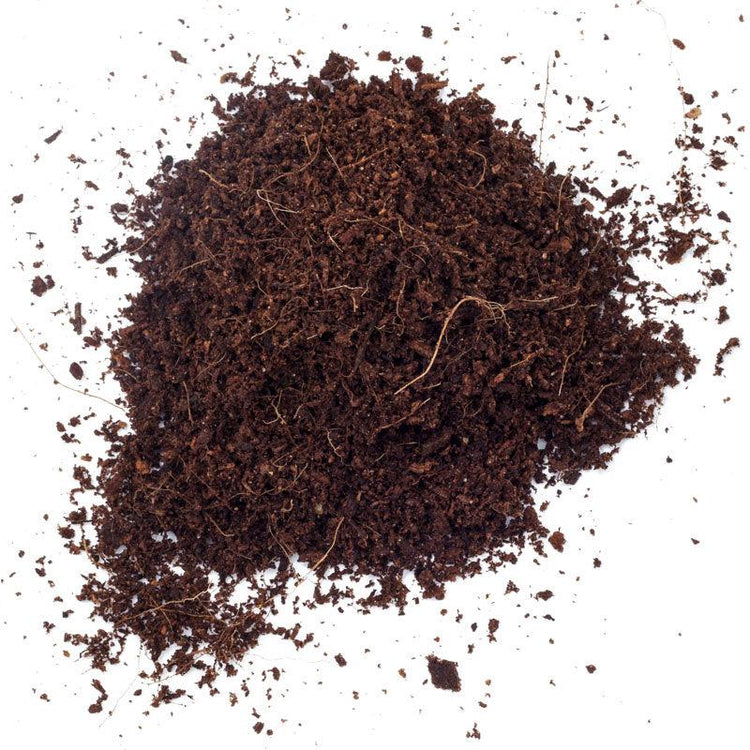
Coco Peat: A Sustainable Growing Medium for Every Garden
Our selection of coco peat and coconut coir products offers an eco-friendly, high-performance alternative to traditional peat moss and potting soil. Made from coconut husks, this 100% organic material is ideal for gardeners seeking better moisture retentiveness, improved soil structure, and enhanced plant growth.
What is Coco Peat?
Coco peat—also known as coir peat, coconut peat, or coconut coir peat—is a natural byproduct of the coconut industry. It’s made from the fine coconut fiber found between the outer shell and husk of coconuts. Once processed and dried, it becomes a lightweight, fibrous, and highly absorbent growing medium used in both home and commercial gardening.
Available in convenient forms like coir bricks and loose coco coir, it’s versatile enough for everything from seed starting to improving garden soil.
Benefits of Coconut Coir and Coco Peat
-
Excellent Water Retention
Coco peat can hold water up to 8–10 times its weight, making it ideal for maintaining even moisture levels around plant roots.
-
Superior Aeration
The airy structure of coconut fiber prevents soil compaction and improves airflow to the root zone.
-
pH Balanced & Inert
Naturally near-neutral in pH, coir peat provides a stable base for customized potting mix formulations.
-
Sustainable & 100% Organic
Made from coconut husks, coconut coir is a renewable resource and an excellent substitute for non-renewable peat moss.
-
Natural Disease Resistance
Coconut coir offers mild antifungal properties, helping shield plant roots from pathogens like root rot.
-
Lightweight & Easy to Handle
Whether in compressed coir bricks or loose bags, coco peat is simple to hydrate, mix, and use.
Common Uses for Coco Peat
-
Seed Starting
Its fine texture and excellent moisture retentiveness make it perfect for delicate seedlings and early plant growth.
-
Potting Mix & Potting Soil Substitute
Combine coco coir with compost or perlite to build a well-balanced potting soil for indoor and container gardening.
-
Garden Soil Amendment
Mix coir for plants into existing garden soil to improve water retention and soil aeration.
-
Hydroponics
Coir pith provides a stable, inert base for hydroponic growing systems.
-
Mulching
Acts as a water-conserving protection layer, suppresses weeds, and regulates soil temperature.
Featured Coconut Coir Products
- Coco Peat (12 kg Brick) – Long-lasting and great for garden beds or greenhouses
- BeatsPeat (3 Cu Ft Brick) – A high-volume compressed option for large-scale projects
- Just Coir (2 Cu Ft Bag) – Screened, clean coconut coir for mixing or direct use
- Coco Peat (700 g Brick) – Compact and easy to store for small-scale growers
Resource Center
Want to dive deeper into how coco peat, coir peat, and coconut fiber can transform your garden?
Start Growing with Coconut Coir
Upgrade your gardening routine with the natural power of coco peat, coconut coir peat, and coir for plants. Whether you're building the perfect potting mix, starting seeds, or enriching garden soil, our 100% organic coir products are the sustainable, high-performing solution you’ve been looking for.